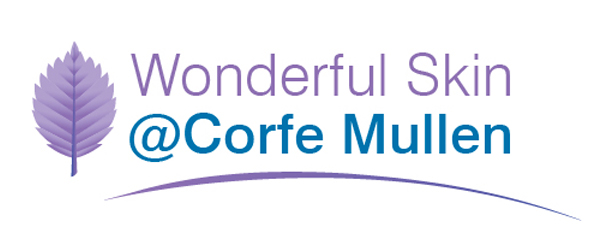FAQS
Frequently Asked Questions
Below is a list of our most frequently asked questions. If you can’t find what you are looking for, please don’t hesitate to get in touch and our team will happy to help.
If you are a new patient to the Practice, you will need to visit us to complete a medical history; this will allow us to register you and make an appointment for your initial consultation. At your initial consultation, we will conduct an examination of your teeth, undertake any necessary x-rays and review your medical history. We will then discuss your dental needs, any concerns that you may have and together determine your personal treatment plan. This will include a description of any treatment that may need to be carried out and the associated costs.
Please phone us at least 24 hours in advance. As a patient of our Practice, we ask you to keep to your appointments, and give at least 24 hours’ notice of any cancellation. If you miss or cancel two appointments with little or no notice, the Practice may no longer be able to see you.
Be sure to brush thoroughly with a fluoride toothpaste for two minutes, at least twice a day, or more often if your Dentist recommends it. If you regularly keep getting discomfort or bleeding after brushing, you should see your Dentist.
It is easy to get your mouth clean and healthy, and keep it that way. A simple routine of brushing twice a day with a fluoride toothpaste including cleaning between the teeth, good eating habits, having sugary foods and drinks less often, and regular dental check-ups can help prevent most dental problems. Although most people brush regularly, many don’t clean between their teeth and some people don’t have regular dental check-ups. A few small changes in your daily routine can make a big difference in the long-term. Your Dentist or Dental Hygienist can remove any build-up on your teeth and treat any gum disease that has already appeared. But daily dental care is up to you, and the main tools are the toothbrush and inter-dental cleaning (cleaning between the teeth).
It is recommended that children should go to the dentist with their parents as soon as possible. You should then take them regularly, as often as your Dentist recommends. This will let them get used to the noises, smells and surroundings and prepare them for future visits. The earlier these visits begin, the more relaxed the children will be.
The main cause of tooth decay is not the amount of sugar or acid in the diet, but how often it is consumed. The more often your child has sugary or acidic foods or drinks, the more likely they are to have decay. It is therefore important to keep sugary and acidic foods to mealtimes only. If you want to give your child a snack, try to stick to cheese, vegetables and fruit. Try to limit dried fruit as it is high in sugar and can stick to the teeth. It is also worth remembering that some processed baby foods contain quite a lot of sugar. Try checking the list of ingredients – the higher up the list sugar is, the more there is in the product. Sometimes, these are shown as fructose, glucose, lactose or sucrose. Thorough brushing for two minutes, twice a day, particularly last thing at night, will help to prevent tooth decay.
Dental Qualifications
B.D.S. – Bachelor of Dental Surgery
L.D.S., R.C.S. – Licentiate of Dental Surgery, Royal College of Surgeons
Dip. Sed – Diploma in Dental Sedation
M. Clin. Dent – Master of Clinical Dentistry (Prosthodontics)
M.F.G.D.P – Member of the Faculty of General Dental Practitioners
D.P.D.S. – Postgraduate Diploma in Dental Studies

